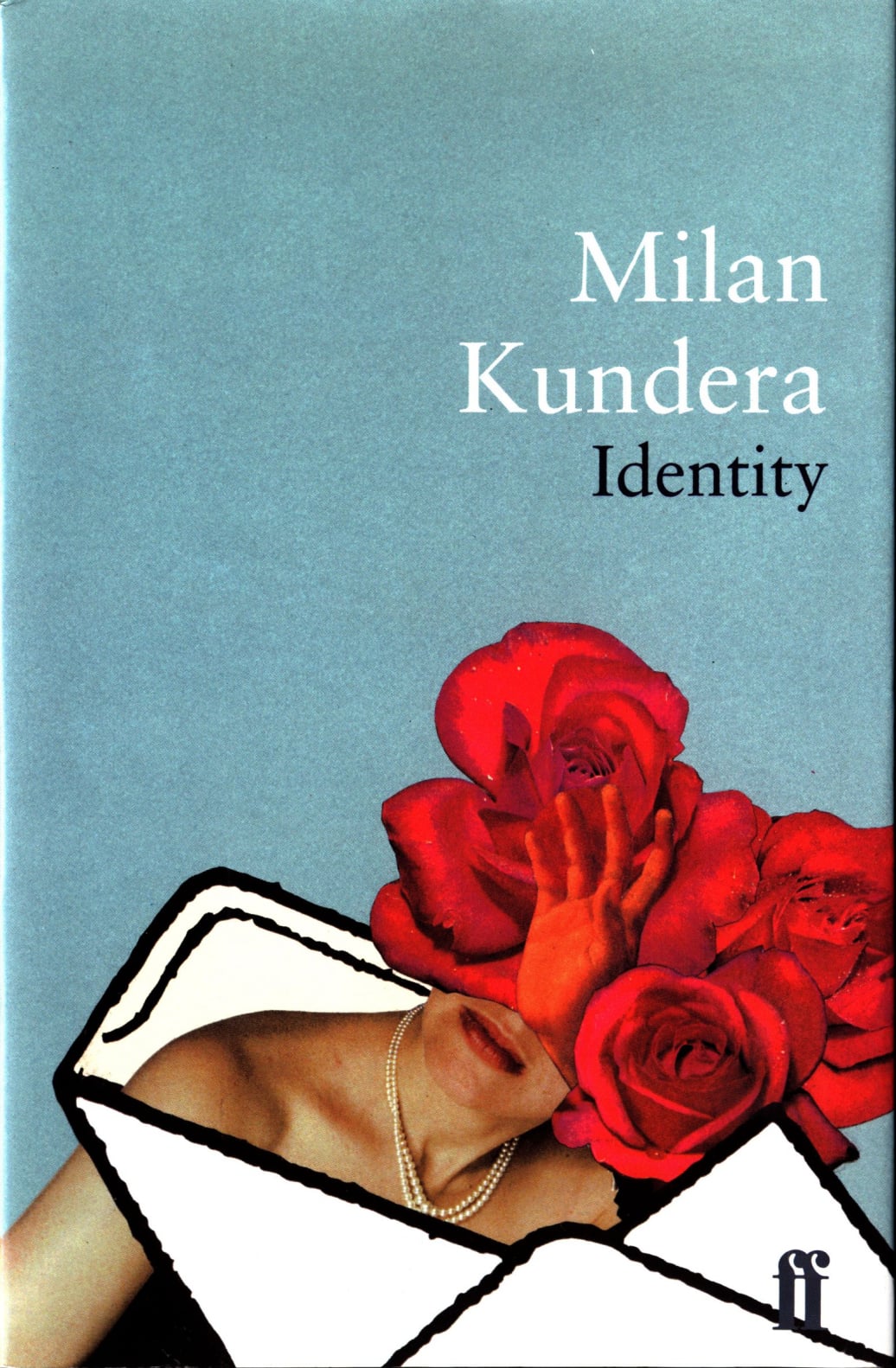
Sometimes – perhaps only for an instant – we fail to recognise a companion; for a moment their identity ceases to exist, and thus we come to doubt our own. The effect is at its most acute in a couple where our existence is given meaning by our perception of a lover, and theirs of us.
With his astonishing skill at building on and out from the significant moment, Kundera has placed such a situation and the resulting wave of panic at the core of the novel. In a narrative as intense as it is brief, a moment of confusion sets in motion a complex chain of events which forces the reader to cross and recross the divide between fantasy and reality. Profound, sad and disquieting but above all a love story, Identity provides further proof of Kundera’s astonishing gifts as a novelist
Faber & Faber, online
I see their two heads, in profile, lit by the light of a little bedside lamp: Jean-Marc's head, its nape on a pillow; Chantal's head leaning close above him. She said: "I'll never let you out of my sight again. I'm going to keep on watching you and never stop." And after a pause: "I get scared when my eye blinks. Scared that during that second when my gaze goes out, a snake or a rat or another man could slip into your place." He tried to raise himself a little to touch her with his lips. She shook her head: "No, I just want to watch you. " And then: "I'm going to leave the lamp on all night. Every night."
HarperCollins Publishers, 1999, pp. 168
Identity, altought short and seemingly simple, is the very model of a nouveau roman. It’s title alone summarises one of the original invention’s essential ingredients: the dissolution of the solid „the three dimensional“ characters of 19th century fiction
The malicious narrator liberates his heroes, not the reader. It is they who are left at the mercy of a grey world in which everything becomes blurred like the divide between waking and nightmare. At what point did the real turn into the unreal, reality into dreaming? Where was the line? Where is the line? Questions bring more questions from the seemingly helpless narrator.
(...) Identity is a brilliant late work by a moralist, a swan song to postmodern culture. The form of the romance novel is the perfect mask behind which the wounded novelist hides. The cold elegance of his immaculate prose will long echo the fierce indignation of the cultural critic.
Chantal wakes up crying in Jean-Marc’s arms, and Kundera writes: “Who dreamt it? And since when did her real life turn into this treacherous fantasy?” A dream is a schism. Milan Kundera shows the awakening as a resurrection. And this resurrection of love is linked to the mystery of language, which lends linearity to the climax.
Source: Jakub Češka (profile on Youtube)
Recording made by the Moravian Library
Following on from the June release of the first Czech translation of the novel, the publishing house Atlantis and the Moravian Library arranged An Evening with the Identity of Milan Kundera on 9th September 2024.
The guests for the discussion evening were the translator Anna Kareninová, the author of the foreword Jakub Češka and the director of the Moravian Library Tomáš Kubíček. As part of the event, Věra Kunderová sent a recorded greeting from her flat in Paris.



The Milan Kundera Library is funded by the South Moravian Region and the City of Brno.
© 2024 Moravian Library in Brno